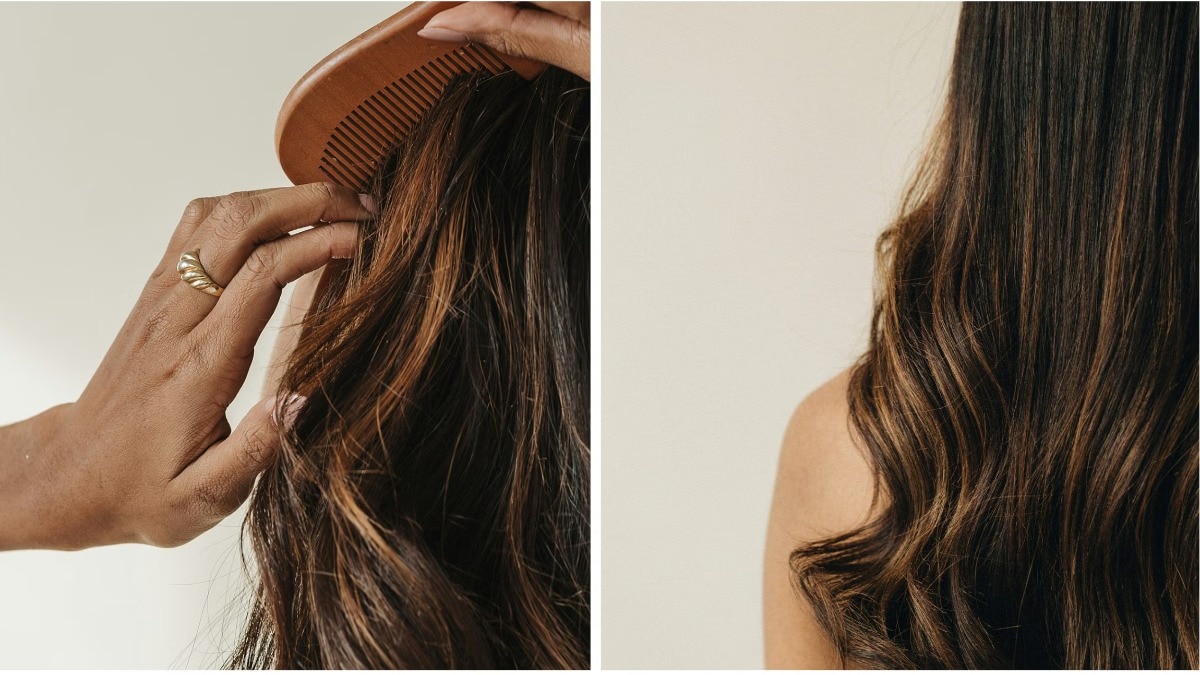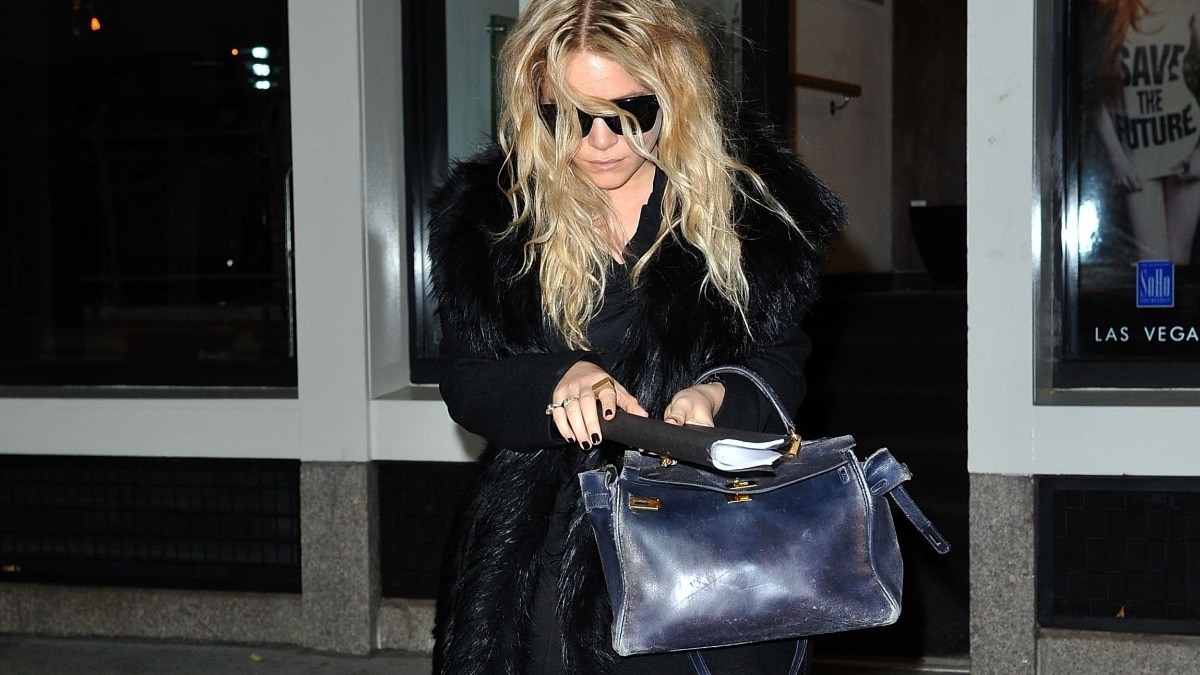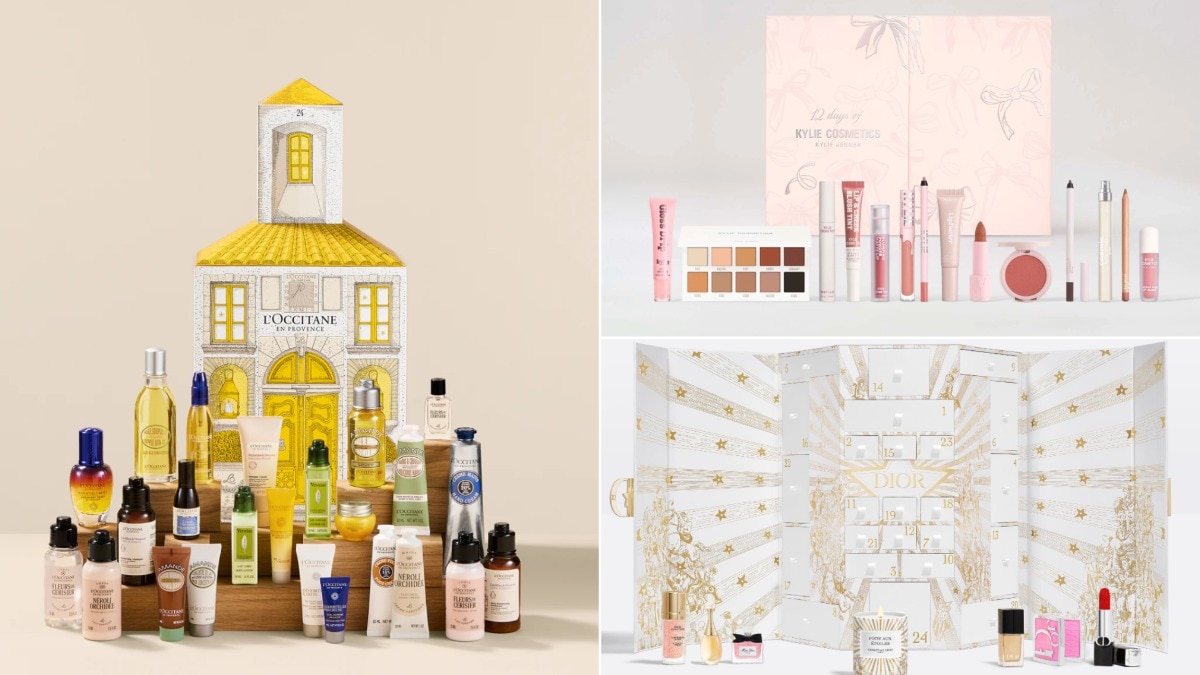
Is glycerin making its way to the forefront of our skincare table?
We find out what the deal with this under-the-radar ingredient is.


We have heard about glycerin, used it in moisturisers and soaps, and as a home remedy in our childhood, but why have we forgotten the ingredient?
Although a huge part of the skincare industry for decades, available both in the form of vegetable and animal byproducts or synthetic, glycerin has been pushed away from space, even though it has stood as a backbone for most products and passed the test of time.
Now, glycerin is (re)gaining popularity and being brought to the forefront of marketing for the newest and brightest products, and the memories of using it as a moisturiser mixed with rose water and lemon, that is, before we found out putting lemon directly on our face wasn’t the smartest idea, are all coming quickly back.
Also known as glycerol or glycerine, glycerin has been a large part of the skincare industry with properties that include hydrating the skin and locking in moisture. Thick in texture, it acts as a protective barrier, all the while helping other ingredients penetrate the skin, causing it to look youthful and radiant. "Dermatologists don't recommend glycerin to everybody, of course, but whatever products we do recommend, 80 to 90 per cent of them use glycerin as a base," said Dr Deepali Bhardwaj, dermatologist and founder-CEO of the Skin & Hair Clinic.
Being a “humectant”, meaning it works to absorb and retain moisture in our skin microbiome, makes it ideal for use as a base for many products.
With the tremendous amount of research done and the trust that dermatologists put in this ingredient, one wonders how it went under the radar for so many years. With ever-changing trends and new ingredients like hyaluronic acid, niacinamide, and vitamin C taking the skin care industry by storm; people seem to have forgotten that glycerin is a great moisturiser on its own. The fragrance-free, non-allergenic ingredient is safe for all skin types if used correctly.
Although glycerin has many great properties, using it directly on your skin can do more harm than good. “Since pure glycerin is thick in texture, it can cause acne. It's best to dilute it and use it,” said Dr Bhardwaj. Using glycerin straight on your skin is probably not the best idea, especially in copious quantities, as it can cause the skin to dry out instead of moisturising it.
“Glycerin is fantastic for helping skin conditions like contact dermatitis, allergic dermatitis, psoriasis, skin eczema, pigmentation, and even anti-ageing properties helping with wrinkles.” continued Dr Bhardwaj. It is an ingredient our body produces on its own, but using it topically can help boost the process. Glycerin also has exfoliating properties that remove dead skin which helps with pigmentation.
Here is our curated list of glycerin-focused products that you might want to try.














